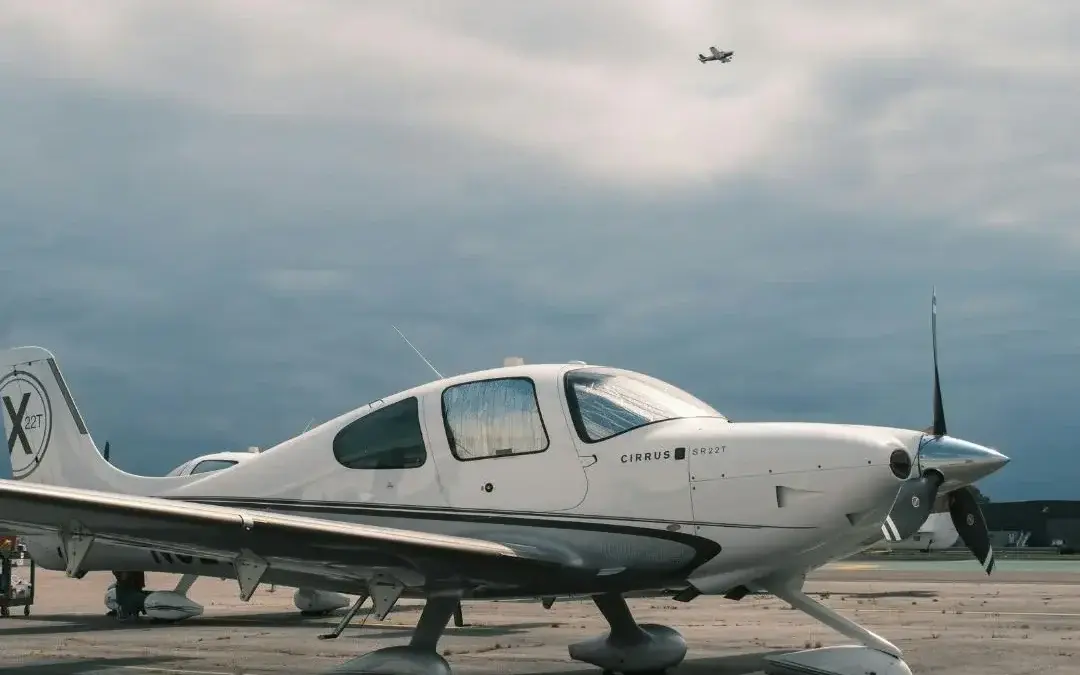
Are you a pilot eager to elevate your flying skills and broaden your aviation horizons? Perhaps you’re contemplating Cirrus transition training, a specialized program tailored for pilots transitioning to the cutting-edge Cirrus aircraft. In this blog post, brought to you by Mach 1 Aviation, we’ll explore the duration of Cirrus transition training, providing you with valuable insights to plan your schedule effectively.
Before delving into the timeline, it’s crucial to grasp the essence of Cirrus transition training. This specialized program caters to licensed pilots making the shift from other aircraft types to Cirrus planes. The curriculum zeroes in on mastering the intricacies of Cirrus aircraft systems, avionics, and handling characteristics.
Cirrus Aircraft boasts state-of-the-art avionics, featuring the Garmin Perspective suite, and safety innovations like the Cirrus Airframe Parachute System (CAPS). Transition training comprehensively covers these elements, ensuring pilots can adeptly operate these advanced systems with confidence and safety in mind.
The timeframe for completing Cirrus transition training is contingent on various factors, such as your previous flight experience, training frequency, and adaptability to new information and skills.
As a general guideline, pilots with average flight experience should anticipate dedicating approximately 10-15 hours of flight time over three to five days for a comprehensive Cirrus transition training. However, this is an estimate, and individual variations may occur—some pilots may require more time, while others may need less.
Day 1-2: Ground School & Basic Introduction
The initial days typically focus on ground school sessions. Here, you’ll delve into the specifics of Cirrus aircraft systems, gaining insights into the Garmin Perspective avionics suite and other unique features like CAPS. Additionally, you’ll receive a foundational introduction to piloting the aircraft.
Day 3-4: Flight Training
Once the theoretical aspects are covered, practical flight training ensues. This hands-on experience includes take-offs, landings, and in-flight maneuvers. Pilots will also practice utilizing the avionics suite and other systems during flight.
Day 5: Check Ride & Certification
The culmination of your training involves a check ride with an instructor. This evaluation assesses your proficiency in flying a Cirrus aircraft. Successful completion results in the awarding of your Cirrus transition training certification.
It’s essential to recognize that while this timeline is standard, your personal schedule may necessitate adjustments.
To ensure an enriching Cirrus transition training experience and timely completion, consider the following tips:
Embark on a journey of aviation excellence with Mach 1 Aviation. Elevate your skills and proficiency through our specialized Cirrus transition training. Don’t just aspire to finish quickly—strive for comprehensive knowledge and confidence in flying Cirrus aircraft safely and proficiently.
Ready to soar to new heights? Contact Mach 1 Aviation today to schedule your Cirrus transition training appointment and embark on a thrilling adventure in the world of advanced aviation!